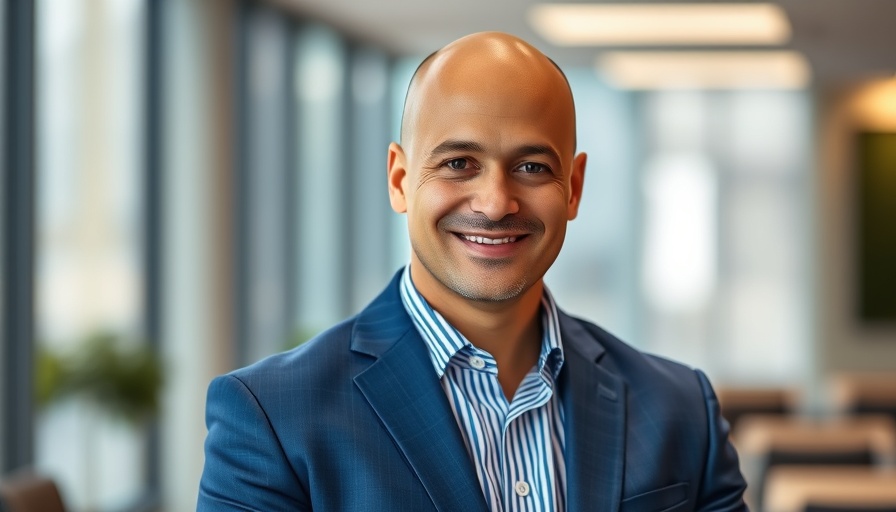
AI and Healthcare: A New Dawn for Diagnosis
In a groundbreaking collaboration, The Brain Tumour Charity has joined forces with the Grace Kelly Childhood Cancer Trust to invest nearly £50,000 into research focused on leveraging artificial intelligence (AI) to tackle paediatric brain tumors. This partnership represents a committed effort to harness advanced technology and improve outcomes for children affected by this devastating condition.
Founded in 2016, the Grace Kelly Childhood Cancer Trust aims to enhance research into rare and aggressive childhood cancers while also providing essential education to families and clinicians about the warning signs of these conditions. Their mission now dovetails with The Brain Tumour Charity's goals, as both organizations seek to foster innovative solutions in the medical realm.
The Power of AI in Speeding Up Diagnoses
One of the most ambitious projects arising from this partnership involves MIOR, an AI tool developed to enhance the analysis of MRI scans for brain tumors. Currently, the process of diagnosing brain tumors often requires several weeks, during which patients and their families endure uncertainty and anxiety. MIOR changes this narrative by allowing clinicians to compare new MRI scans with existing data on known tumor types, providing a likely diagnosis much quicker.
Dr. John Apps, an Academic Paediatric Neuro-oncologist overseeing this project, is poised to unveil the potential impact MIOR could have in real-world hospital settings. With this tool, diagnosis could shift from weeks to just moments, allowing for much-needed peace of mind for families at a critical juncture.
A Necessity in Modern Medicine
The importance of faster diagnoses in healthcare cannot be overstated. As stated by Dr. Michele Afif, CEO of The Brain Tumour Charity, this innovative use of AI doesn't just represent a technological upgrade; it signifies a compassionate response to the suffering that uncertainties in diagnosis can impose on families. The collaboration aims to break down barriers and streamline diagnosis processes, particularly in cases where delays can be tragic.
Dr. Jen Kelly, CEO of the Grace Kelly Childhood Cancer Trust, echoes these sentiments, emphasizing the significance of collaborative efforts in enhancing outcomes. This partnership signifies a collective acknowledgment that swift and accurate diagnosis is a cornerstone of effective treatment, especially when dealing with aggressive forms of cancer.
Future Insights: What Lies Ahead?
As this research unfolds, the dialogue surrounding the integration of AI into healthcare continues to grow. It opens the door to vital conversations about ethics, accessibility, and the future of treatment protocols. For families navigating the challenges posed by pediatric brain tumors, innovations like these could represent not just improved outcomes, but also renewed hope.
As advancements in technology propel us into an era of precision medicine, we must consider the implications for future healthcare systems. Will AI redefine the landscape of diagnosis and treatment? Only time will tell, but initiatives like this one certainly pave the way for transformative changes.
Embracing Hope Through Innovation
For those impacted by brain tumors, this collaboration embodies a bold step into the future of healthcare. It emphasizes the importance of merging expertise and technology to champion the health and well-being of children. In a world where every moment matters, AI has the potential to enhance lives by ensuring that answers arrive swiftly.
The collaboration between The Brain Tumour Charity and the Grace Kelly Childhood Cancer Trust is not just about funding research; it's about giving families hope and fostering a community that prioritizes advancement in diagnosing and treating illness. As we move forward, these initiatives remind us of the power of innovation to change lives for the better.
 Add Row
Add Row  Add
Add 




Write A Comment